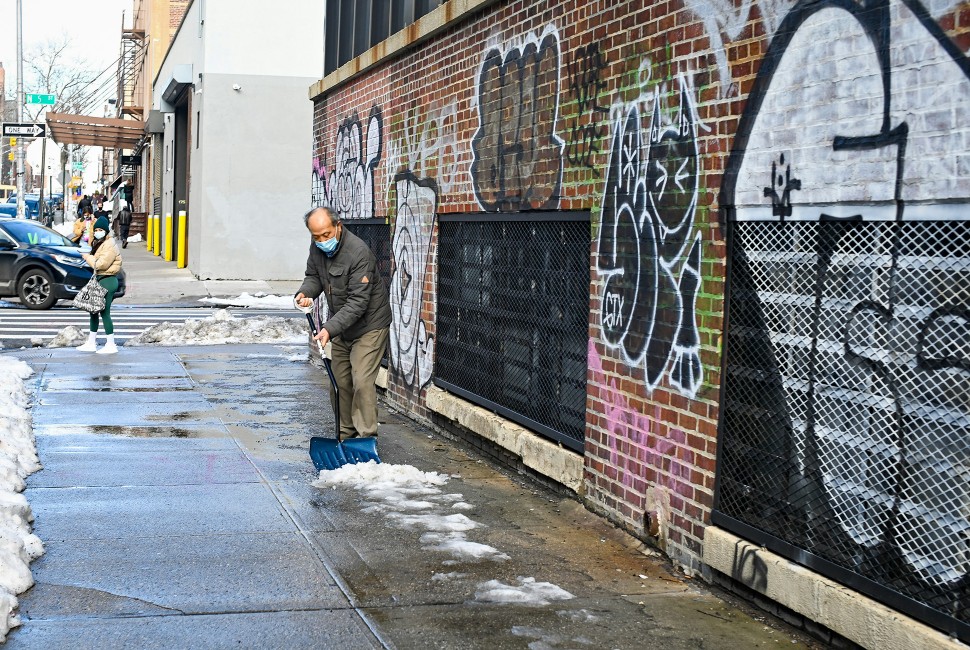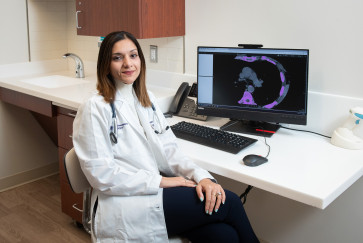Whether it’s due to cold weather, holiday stress or disrupted routines — or a combination of all three — heart attack and stroke rates surge during the last two weeks of December, warns Northwestern Medicine cardiologist Dr. Patricia Vassallo.
“Cold temperatures cause blood vessels to constrict, which raises blood pressure and makes the heart work harder to pump blood,” said Vassallo, associate professor of cardiology at Northwestern University Feinberg School of Medicine.
“At the same time, stress around the holidays and disrupted routines — like less sleep, more alcohol and skipped medications — add to the strain. Overexertion from winter chores like shoveling heavy snow can further increase the risk, especially in people with existing heart conditions.”
Studies show that more cardiac deaths occur on Dec. 25 than any other day in the U.S, followed by Dec. 26 and Jan. 1.
“For some, the season is joyous, but for others, it can be upsetting or stressful — grieving lost loved ones, managing big holiday gatherings or dealing with in-laws. We also see spikes in heart attacks and strokes on Monday mornings when stress levels rise, showing the significant impact emotional and physical stress can have on the heart,” Vassallo said.
This is on top of the already grim reality that heart attack and stroke are the leading causes of death in the U.S. and across the globe.
More cardiac deaths occur on Dec. 25 than any other day of the year.
Tips for staying safe
Dr. Vassallo spoke to Northwestern Now and shared advice to help reduce the risks of cardiac events during the holiday season:
- Dress for the weather. Wear layers, especially hats, gloves and heavy socks.
- Come inside often. Give yourself breaks to warm up if you’re spending time outside in the cold.
- Avoid excess alcohol. Alcohol can make you feel warmer than you really are, which can be particularly dangerous when you’re outside in the cold.
- Do not shovel for long periods. Ask your doctor if it’s safe for you to shovel at all.
- Wash your hands frequently. Respiratory infections can increase the risk of heart attack.
- Get help. If you have new symptoms of a heart condition, don’t wait to get help, even if it’s a holiday.
Recognizing symptoms
Recognizing the early signs of heart attack or stroke can save lives, said Vassallo.
Severe chest pain is the most common warning sign of heart attacks. Other symptoms include:
- Nausea or vomiting
- Dizziness
- Shortness of breath
- Pain, numbness or tingling in your jaw, back, neck or shoulders
- Cold sweat
- Sensation of heartburn
- Sudden fatigue
If you or a loved one experiences any of these symptoms in a severe or sudden manner, Vassallo said head to the emergency room right away.


